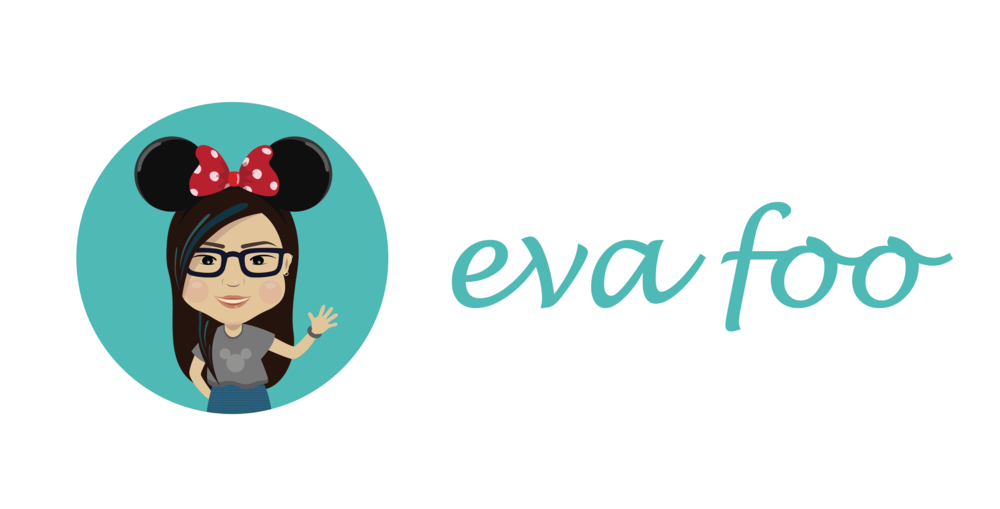During the first 40 minutes or so of our studio class last week we did a quick warm up activity with a group of 2-3 people, and from the activity we identified the top 5 best practices for teamwork. We each shared our greatest teamwork experience from the past (of course, there were some horror stories throughout the conversation as well...), we settled down on the following five.
- COMMUNICATION
Ability to give and take critique
Make sure everyone from the group is on the same page
Less talk & more listen - be open to disagreements - HONESTY
If you have an issue, say it and address it as soon as possible
Always give your honest feedback and thoughts - never disagree when it's too late
Delegate work when you need to - be honest to yourself on how much you can take on - COMMITMENT
Team works best when everyone has the same commitment and dedication; if not, the fact should be communicated to the whole team before the project starts - ENTHUSIASM
Enthusiasm and passion motivate the whole team
It drives commitment - UNDERSTAND EACH TEAMMATE'S STRENGTHS & WEAKNESSES
Best to identify everyone's strengths and weaknesses before starting a project and delegate responsibilities accordingly
I personally had an amazing teamwork experience from my last semester's Managing Creative Projects and Teams course. Group project is nothing new to me with my Industrial Design background; however, I think last semester was the first time I really truly FEEL the power of collaboration. The experience was however extremely outside of my comfort zone - there were many many arguments and debates, especially when the all of us came from completely different background (product design, arts, interior design, architecture, branding ...etc). I learned throughout the process that being open to disagreements and taking honest critique are something that we all should practice, because those hours and hours of arguments can lead to great innovations and solutions. The biggest challenge for that though is to make sure everyone on the team has that "thick skin" to take brutally honest critique (and are all open to do so) to make sure productive arguments don't become personal fights. (Yep, we all witnessed this happened at some point...while they sometimes can be entertaining to watch, it is definitely not fun to be in one...)
For the rest of the class time we had Adam Brodowski and Clara Bunker come in and lead a workshop on "Project Charter". Design workshops are always fun to participate! You never know what outcome can be created until the last minute. Instead of reflecting on the actual Project Charter toolkit, however, I wanted to share some of the notes that I wrote down during the activity.
- "No sneaky post-its!"
This may sound funny to some but it was my favorite "rules" Adam and Clara set up for us before we begin the process. Often time we don't feel very confident about our ideas but still want to participate, so we put up a post-it without telling the team and hope that somebody else will accidentally see it and say "oh that's a great idea! who wrote it down?". Let's be real here, that rarely happens. This go back to one of the 5 best practices mentioned earlier - COMMUNICATION. If you have something to say, just say it. - "The value is in the process"
This was also a great advise from the workshop leaders. After studying design for so many years we all get bombarded with the hundreds of design toolkit that are out there. "Really???? ANOTHER tool?" If we change out perspective a little we can find that it is not the toolkit that is important, it is the process (I like to think of it as the "human" part). - Always set rules when leading a workshop
I found the rule setting part be very helpful after going through a few design workshops at Parsons. While they may seem like common sense and unnecessary, you may be surprised how everyone has different set of rules in mind going into the workshop. Again, it's all about communication. It doesn't hurt to get everyone on the same page. Also, the role of a facilitator is also very important during a workshop, to reinforce that the rules are being followed. (No sneaky post-its!!!)
Quote of the week
"BEING TOLD YOUR IDEA IS COOL IS NOT USEFUL; SEEING BEHAVIOR THAT VALIDATES YOUR CUSTOMER'S WILLINGNESS TO BUY IS VERY USEFUL."
- Talking to Humans by Giff Constable


